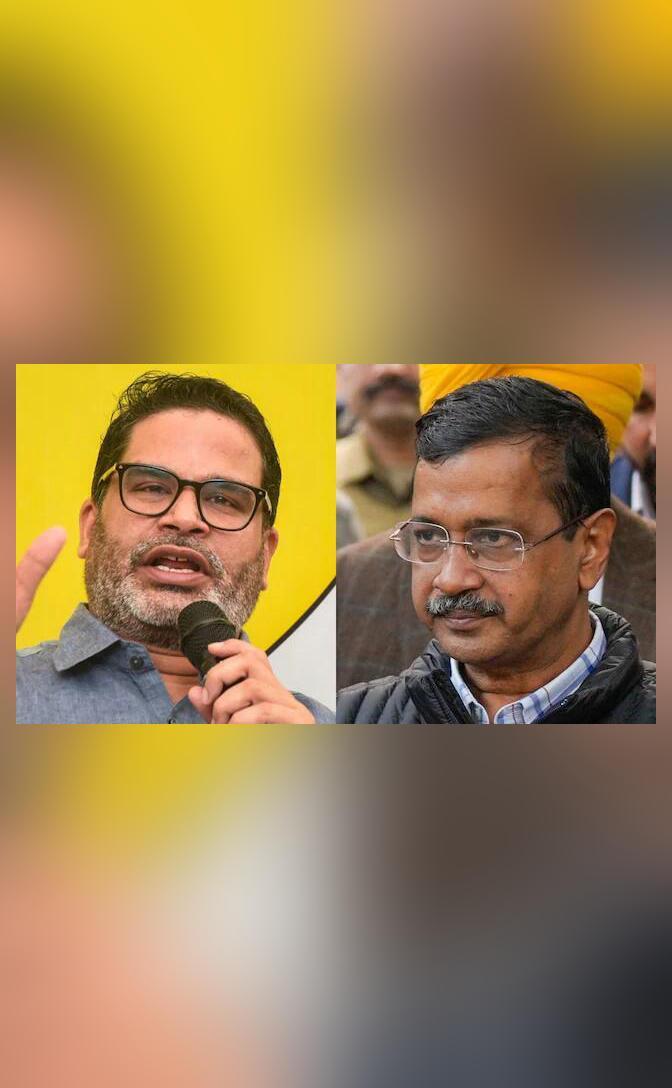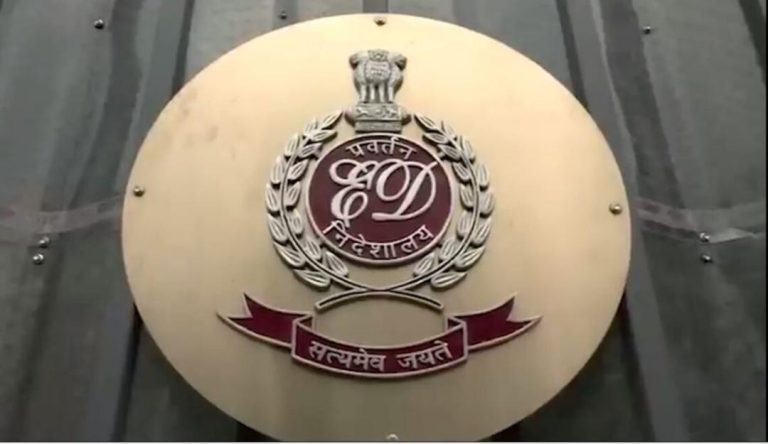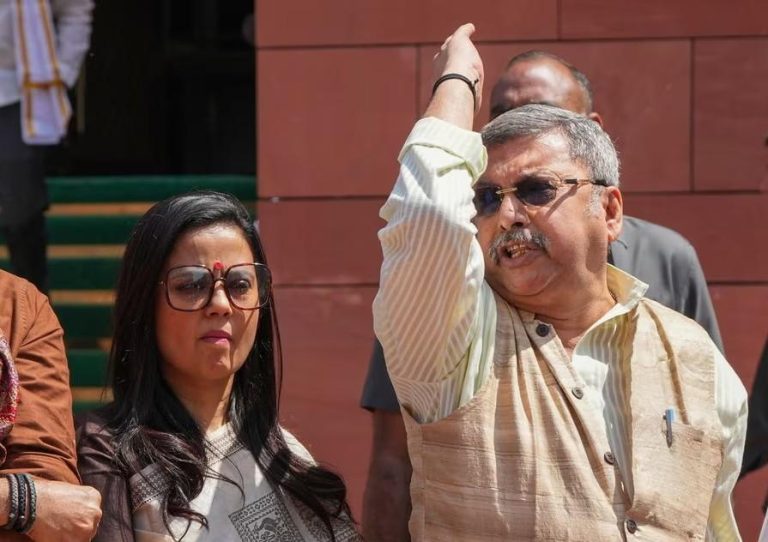
Prashant Kishor Lists Reasons Why Kejriwal & AAP Lost in Delhi Elections
The recent Delhi assembly elections saw a stunning defeat for the Aam Aadmi Party (AAP) and its chief minister Arvind Kejriwal. The party, which had been in power in Delhi since 2015, failed to win a majority of seats, and Kejriwal himself lost his seat. The defeat has left many wondering what went wrong. Recently, politician and former political strategist Prashant Kishor shared his insights on the reasons behind AAP’s defeat, stating that Kejriwal’s resignation as Delhi CM after being granted bail in the liquor policy case was a “big strategic mistake”.
In an interview with News18, Kishor explained that Kejriwal’s decision to resign as CM after being granted bail was a blunder. “If Arvind Kejriwal had resigned after his arrest, it would have been a different story. The public would have respected him for taking responsibility. But by resigning after being granted bail, he compromised his moral authority,” Kishor said.
Kishor also pointed out that the 10-year anti-incumbency factor was another significant reason for AAP’s defeat. “The people of Delhi were tired of the same government and the same faces. The 10-year anti-incumbency factor was a major factor in the defeat,” he added.
Another key factor that Kishor highlighted was Kejriwal’s fluctuating stance on the INDI Alliance. Kejriwal had initially announced that AAP would join the INDI Alliance, a coalition of smaller parties, but later backtracked, saying that the alliance was not viable. Kishor stated that this “flip-flop” hurt Kejriwal’s credibility. “Kejriwal’s stance on the INDI Alliance hurt his credibility. People were confused about what he wanted to do. He should have taken a clear stance and stuck to it,” Kishor said.
Kishor also emphasized the importance of building a strong organizational structure. “AAP’s organization was weak, and they didn’t have a strong grassroots presence. The BJP, on the other hand, had a strong organizational structure, which helped them win,” he said.
Moreover, Kishor felt that AAP failed to connect with the voters on issues that mattered to them. “AAP didn’t connect with the voters on issues like crime, law and order, and infrastructure development. The BJP, on the other hand, successfully capitalized on these issues,” he said.
Kishor also criticized AAP’s campaign strategy, saying that it was too focused on Kejriwal himself and not enough on the party’s ideology and policies. “AAP’s campaign was all about Kejriwal, and not enough about the party’s ideology and policies. They didn’t give the voters a clear picture of what they stood for,” he said.
In conclusion, Kishor’s analysis of AAP’s defeat highlights several key factors that contributed to the party’s demise. From Kejriwal’s resignation after being granted bail to the 10-year anti-incumbency factor, AAP’s weak organizational structure, and failure to connect with voters on key issues, there were several reasons why the party failed to win a majority of seats.
As the election results sank in, Kejriwal took full responsibility for the defeat, saying that he was willing to continue serving as the CM if the party wanted him to. However, it remains to be seen whether AAP will be able to regroup and come back stronger in the future.






